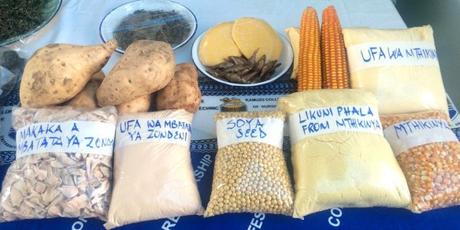GR: Monsanto did. The company’s unscrupulous efforts to increase profits are harmful to humans and nature. This story may raise your blood pressure a bit. Such stories of corporate and government greed and corruption have driven some environmentalists to begin predicting human extinction.

“I received this news in the U.S. as I prepared a research trip to Malawi, and I was shocked. Malawi is in the final stages of a multi-year effort to reform its seed policy and laws, and the largest point of contention at this point is the failure of the draft policy to recognize and protect so-called “farmers’ rights” to save, exchange and sell the seeds they grow on their farms.
“Remarkably, the policy seeks to define the word “seed” as applying only to certified seed from commercial companies. Farm-saved seed is referred to in the policy as just “grain,” unworthy even of the word seed.
“Some 80 percent of the crops grown in Malawi come from farm-saved seeds, and many of those seeds are displayed, exchanged and sold at local seed fairs. These are often community events organized by local non-governmental organizations or district agriculture offices to promote seed improvement. Farmers show their most successful varieties, sometimes alongside seed from commercial companies that have bred, patented and produced “improved” varieties that are then certified by the government for quality.
“What this press release implied, in no uncertain terms, was that henceforth farmers would not be allowed to display their seeds. The formal and informal seed sectors have coexisted for decades. Why was the Malawian government, embroiled in a controversy over a still-unfinished seed policy, threatening to ban farm-saved seed from the market?” –Food Tank (Continue: Did Monsanto Write Malawi’s Seed Policy?)

